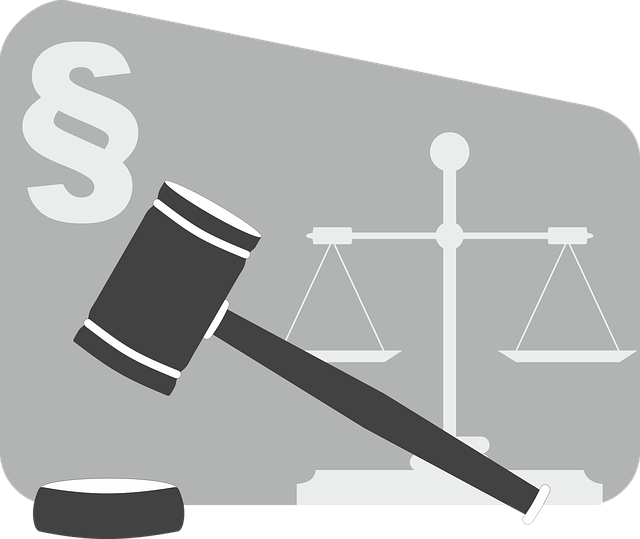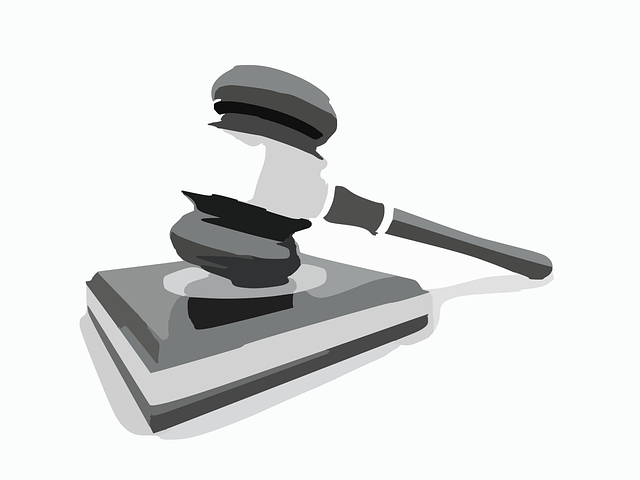Financial fraud, a pervasive issue impacting individuals, businesses, and economies, includes common types like identity theft, investment scams, and insurance claims fraud. Antitrust laws play a crucial role in preventing collusion, promoting fair practices, and mitigating economic fraud by creating a level playing field for small businesses. While these laws can inadvertently protect fraudulent activities by stifling competition, they're vital for combating financial fraud, especially among SMEs facing limited resources and expertise. Implementing robust anti-fraud measures, including employee training, advanced technologies, and communication with regulatory bodies, is essential for business protection. Case studies demonstrate the effectiveness of fraud detection systems in safeguarding businesses from fraud, emphasizing the role of antitrust laws in accountability and legitimate business thriving.
In the ever-evolving financial landscape, detecting and preventing fraud is paramount. This article explores crucial aspects of financial fraud detection, delving into common types and techniques used by criminals. We examine the significant role of antitrust laws in curbing economic manipulation and their impact on small businesses. Additionally, we provide a unique perspective on fraud exposure among small businesses and offer best practices for implementing effective anti-fraud measures. Case studies highlight success stories, demonstrating strategies that have proven instrumental in fraud detection and prevention.
- Understanding Financial Fraud: Common Types and Techniques
- The Role of Antitrust Laws in Preventing Economic Manipulation
- Small Business Exposure: A Unique Perspective on Fraud
- Implementing Anti-Fraud Measures: Best Practices for Businesses
- Case Studies: Success Stories in Fraud Detection and Prevention
Understanding Financial Fraud: Common Types and Techniques

Financial fraud is a pervasive issue that impacts individuals, businesses, and the economy at large. Understanding the nuances of this complex phenomenon is essential in combating it effectively. Common types of financial fraud include identity theft, where criminals impersonate individuals to gain access to sensitive information; investment scams, which lure investors with false promises of high returns; and insurance claims fraud, involving inflated or fabricated claims.
White-collar and economic crimes, including financial fraud, often operate under the radar, making them challenging to detect. These offenses can range from simple misrepresentations to elaborate schemes that span across the country. The impact of antitrust laws on small businesses is an intriguing aspect to consider, as they can inadvertently protect certain fraudulent activities by stifling competition and creating monopolies. However, in high-stakes cases, these laws also play a crucial role in promoting fair practices and preventing collusion, thereby mitigating potential financial frauds that could burden the economy.
The Role of Antitrust Laws in Preventing Economic Manipulation

Antitrust laws play a pivotal role in curbing financial fraud and economic manipulation, thereby fostering fair competition among businesses. These legal frameworks are designed to protect consumers, promote market integrity, and prevent dominant firms from abusing their power. By imposing restrictions on anti-competitive practices like price-fixing, market allocation, and monopolization, antitrust laws ensure that small businesses can operate in a level playing field. This is particularly crucial for startups and SMEs, as it enables them to thrive without facing undue barriers or exploitation from larger corporations.
The impact of these laws extends beyond the initial stages of investigative and enforcement processes involving general criminal defense. They serve as a continuous safeguard throughout all stages, deterring potential perpetrators of white-collar and economic crimes. The threat of antitrust penalties acts as a powerful disincentive, encouraging businesses to maintain ethical practices and avoid engaging in fraudulent activities that could distort market dynamics. This, in turn, fosters trust among consumers and ensures a robust and sustainable economic environment.
Small Business Exposure: A Unique Perspective on Fraud

Small businesses, often seen as the backbone of economies across the country, face unique challenges when it comes to financial fraud detection. While larger corporations typically have robust internal controls and dedicated fraud teams, small enterprises often struggle with limited resources and expertise. This vulnerability exposes them to various types of fraudulent activities, from account manipulation to falsified invoices. Understanding these risks is crucial in the context of antitrust laws, which aim to protect fair competition but can inadvertently create complexities for smaller businesses operating within regulated sectors.
The impact of antitrust regulations on small businesses should not be overlooked during fraud investigations. In some cases, a complete dismissal of all charges might be warranted if a company can demonstrate that its practices were driven by competitive pressures rather than malicious intent. Throughout the investigative and enforcement process, it’s essential to consider these nuances, ensuring a balanced approach that acknowledges both antitrust compliance and the unique financial exposure small businesses face in fraud prevention and detection efforts.
Implementing Anti-Fraud Measures: Best Practices for Businesses

Implementing robust anti-fraud measures is essential for businesses to safeguard their operations and protect corporate and individual clients from potential risks. A comprehensive strategy should encompass various best practices, including regular employee training on fraud awareness and ethical conduct. Businesses should also establish clear internal controls, such as multi-factor authentication and secure data storage, to mitigate the impact of antitrust laws that might otherwise restrict their ability to compete effectively.
Moreover, leveraging advanced technologies like artificial intelligence (AI) and machine learning can significantly enhance the accuracy and efficiency of fraud detection processes across the country. Continuous monitoring of transactions and unusual patterns allows for swift intervention during all stages of the investigative and enforcement process. Additionally, maintaining open lines of communication with regulatory bodies ensures compliance while fostering a culture of transparency that deters fraudulent activities.
Case Studies: Success Stories in Fraud Detection and Prevention

Case studies illustrate the power of fraud detection systems in significantly impacting and saving businesses, big and small. Many success stories highlight innovative strategies that have led to winning challenging defense verdicts for respective businesses, demonstrating the effectiveness of robust fraud prevention measures. These examples also showcase how advanced analytics and machine learning algorithms can uncover intricate patterns indicative of fraudulent activities, often leading to avoiding indictment altogether.
By examining these cases, it’s evident that the impact of antitrust laws on small businesses extends beyond fair competition; they provide a framework for holding wrongdoers accountable while ensuring legitimate operations flourish. These stories serve as a guide for organizations to enhance their internal controls and stay vigilant against evolving fraud techniques.
The fight against financial fraud demands a multi-faceted approach, encompassing awareness, legislation, and proactive measures. As discussed, understanding common fraudulent practices and implementing robust anti-fraud strategies are essential for businesses to safeguard their operations. The role of antitrust laws, while crucial in larger corporate contexts, also has a significant impact on small businesses by fostering fair competition and preventing economic manipulation. By combining these elements with case study insights, businesses can effectively navigate the complex landscape of fraud detection and prevention, ultimately protecting their financial integrity.






